Trump eyes expanding America with ambitious territorial proposals
- Update Time : Monday, January 27, 2025
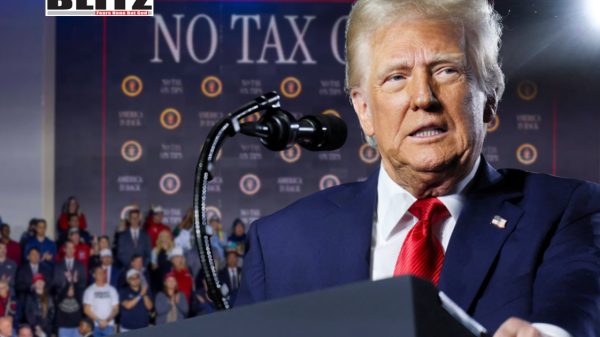
In a speech delivered on January 25 in Las Vegas, former President Donald Trump once again stirred controversy with his bold proclamation that the United States could soon expand its territorial footprint. Trump’s remarks, coupled with his specific mention of Greenland, Canada, and the Panama Canal, have reignited debates over American expansionism and its implications for international relations.
During his address to supporters, Trump declared, “We might be an enlarged country pretty soon,” expressing frustration that the United States had remained geographically static for decades. “For years, for decades, we were the same size to the square foot… probably got smaller, actually,” he said. This statement echoes Trump’s long-standing interest in expanding US territory, an ambition he first publicly floated during his initial presidential term.
Trump’s fixation on Greenland-an autonomous territory of Denmark-has been a recurring theme. In 2019, he suggested purchasing the Arctic island, citing its strategic importance for national security and resource exploitation. This proposal was swiftly rejected by both Greenlandic leaders and Danish officials. Despite the backlash, Trump remains undeterred, asserting last month that “ownership and control of Greenland is an absolute necessity” for the US.
The Financial Times recently reported that Trump has resumed his pursuit of Greenland, describing a phone call with Danish Prime Minister Mette Frederiksen in which he was “very firm” in advocating for Denmark to relinquish control of the island. European officials cited by the outlet claimed that Frederiksen and other Danish leaders were left “utterly freaked out” by Trump’s aggressive stance.
Greenland, which was granted home rule in 1979, has been steadfast in rejecting Trump’s overtures. Its leaders, who have long championed pro-independence policies, view US ownership as incompatible with their aspirations for greater autonomy. Frederiksen, while open to strengthening military and economic ties with the US, has consistently rebuffed the notion of a sale, emphasizing Denmark’s commitment to Greenland’s sovereignty.
Trump’s interest in Greenland stems not only from its vast untapped mineral resources but also its strategic location in the Arctic, where geopolitical tensions have escalated amid competing claims by major powers. The US already operates the Pituffik Air Base on the island, underscoring its significance for national security. However, Trump’s assertive tactics-including his refusal to rule out military force-have drawn criticism from both domestic and international observers, who warn that such actions could destabilize the region.
Another cornerstone of Trump’s expansionist agenda is the Panama Canal, a vital trade route connecting the Atlantic and Pacific Oceans. The canal, once under US control, was handed over to Panama in 1999 as part of the Torrijos-Carter Treaties. However, Trump has expressed concerns about China’s growing influence in the region and has advocated for regaining ownership of the waterway.
Panamanian President Jose Mulino has dismissed Trump’s claims, insisting that the canal remains under Panama’s sovereign control. Mulino has also vowed to resist any attempts at a US takeover, emphasizing that the canal’s independence is crucial for global trade. Trump’s rhetoric has heightened tensions, with critics accusing him of undermining Panama’s sovereignty and disregarding international norms.
Perhaps the most audacious element of Trump’s territorial ambitions is his proposal to make Canada the 51st state of the United States. During his presidency, Trump frequently clashed with Canadian leaders over trade policies, accusing Canada of being an unfair trade partner. He has suggested that Canadians could benefit from tax breaks and other incentives if they agreed to become part of the US.
While Trump’s comments about Canada may appear to be hyperbolic, they highlight his transactional approach to diplomacy. By framing the potential annexation as mutually beneficial, he seeks to appeal to economic pragmatism. However, Canadian officials and citizens have widely rejected the notion, viewing it as an affront to their national identity and sovereignty.
Trump’s territorial ambitions are not without precedent in American history. The US has a long legacy of expansion, from the Louisiana Purchase to the annexation of Hawaii. However, modern international relations operate within a framework that prioritizes sovereignty and mutual respect among nations. Trump’s proposals, which often come across as unilateral and aggressive, risk alienating allies and provoking geopolitical tensions.
Critics argue that Trump’s rhetoric undermines America’s standing as a global leader and raises questions about the administration’s commitment to international law. The use of economic or military force to acquire new territories would likely face significant opposition from the international community, including organizations like the United Nations.
Moreover, Trump’s focus on expansionism diverts attention from pressing domestic issues, such as economic inequality, healthcare, and climate change. By prioritizing territorial acquisition, he risks alienating voters who are more concerned about addressing challenges within the existing borders of the US.
Despite the controversy, Trump’s proposals have found support among certain segments of his base, who view them as a bold assertion of American power and influence. Proponents argue that acquiring Greenland, the Panama Canal, or even parts of Canada could bolster national security, enhance economic opportunities, and strengthen the US’s global position.
However, opposition to Trump’s ideas remains widespread. Diplomats, policy experts, and political rivals have criticized his approach as reckless and out of touch with contemporary geopolitical realities. They warn that pursuing such ambitions could lead to diplomatic isolation and damage America’s relationships with key allies.
As Trump continues to explore the possibility of expanding America’s territory, his proposals serve as a stark reminder of his unorthodox approach to governance and diplomacy. Whether his ambitions will translate into concrete actions remains to be seen, but they underscore his willingness to challenge conventional norms and push the boundaries of what is politically feasible.
For now, the world watches with bated breath as Trump’s vision for a “bigger” America unfolds. While his supporters may view his proposals as a testament to his bold leadership, critics argue that they reflect a dangerous disregard for the principles of sovereignty and international cooperation. Regardless of the outcome, Trump’s territorial ambitions are likely to remain a focal point of debate for years to come.


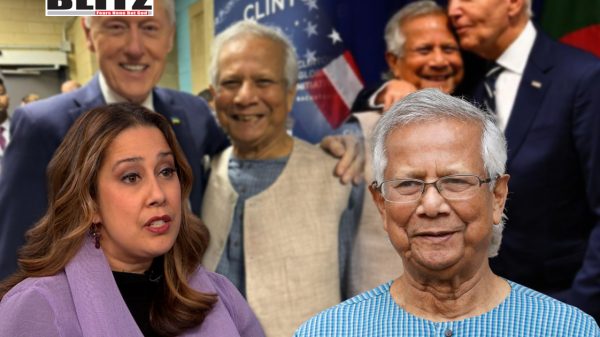
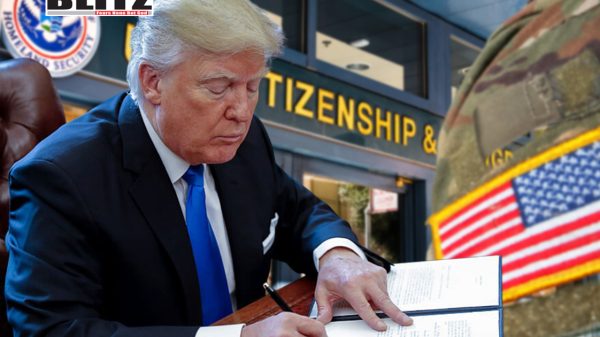



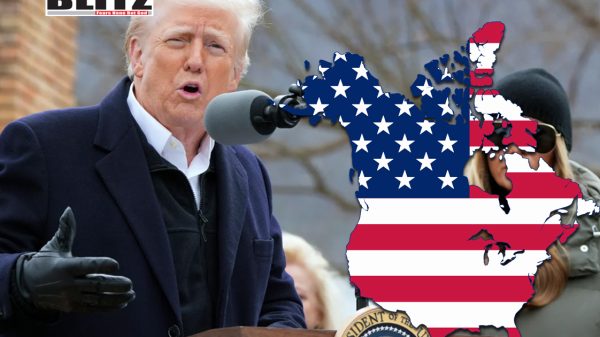
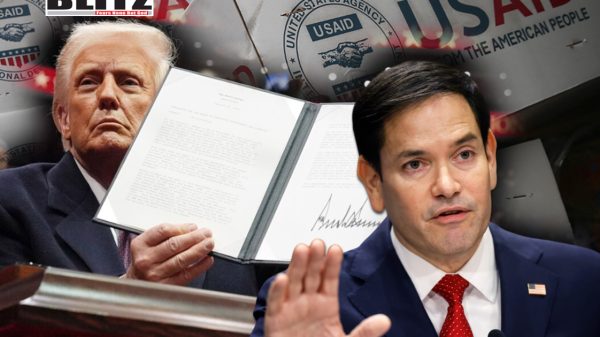

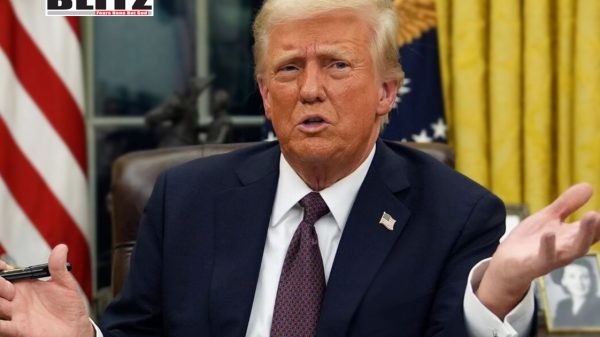

Leave a Reply